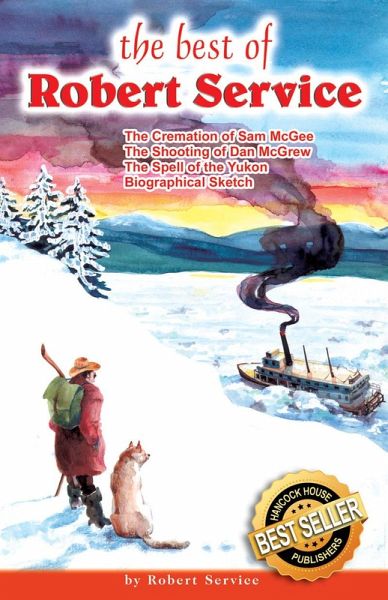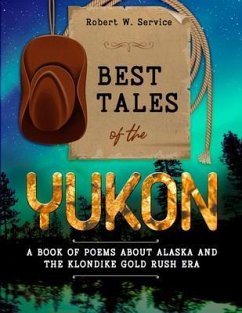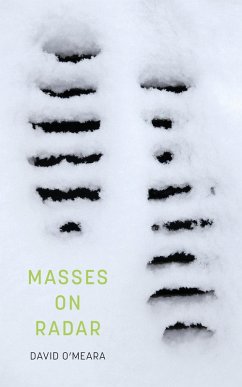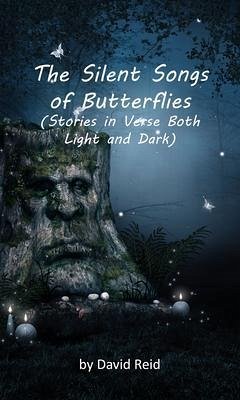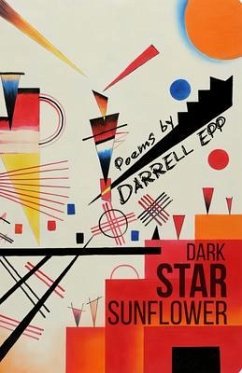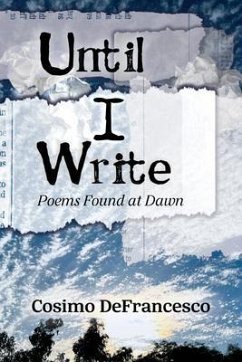Robert Service
eBook, ePUB
The Best of Robert Service (eBook, ePUB)

PAYBACK Punkte
4 °P sammeln!





This new and revised edition of poems about the men and women of the North features the most loved ballads by Robert Service, and is illustrated with lively art by Marilen Van Nimwegen. While living in Whitehorse, Robert Service wrote The Cremation of Sam McGee, and other well-known poems. He wrote and published into his mid-eighties. He was quoted as saying, I just go for a walk and come back with a poem in my pocket.
Dieser Download kann aus rechtlichen Gründen nur mit Rechnungsadresse in A, D ausgeliefert werden.
ROBERT SERVICE was born in Lancashire, England in 1874, the son of lower middle class parents, the eldest of what would be ten children. When he was four, the family moved to Glasgow, Scotland and he and a brother were taken to live with his paternal grandparents and four aunts nearby in Kilwinning. In school, he was known for getting into scrapes, but mostly was a solitary and imaginative child, immersing himself in books. At a celebratory meal for his sixth birthday, he always remembered surprising the adults and even himself, with two spontaneous rhyming verses in the form of a grace, foretelling of his future and his talents. When his parents came to visit him at last, his mother was so shocked to discover him wearing a kilt and nothing beneath it, she took him home to Glasgow and his family. Bored by school, he submerged himself in books to his liking, reading Shakespeare, Burns, Longfellow, tales of adventure, and declamatory verses. At fourteen, it was suggested he leave school, and soon he was apprenticed as a clerk in a bank. There, with time on his hands, he began rhyming and making verses and by age sixteen, had over a dozen poems published in local newspapers. Throughout his late teens and early twenties, he dreamed of travelling and adventure, of escaping the bank. Finally, at twenty-two, he resigned, and in l896, headed for Canada. For the next eight years Robert was mostly a wanderer up and down the West Coast of Canada and the U.S., lingering sometimes, trying his hand at ranching and farming, even manual labor and running a store, often living on as little as twenty-five cents a day in rough conditions. All the time he was observing landscape and characters of every description. Desperate for an easier way of living, in Victoria in 1903, he took a job with the Canadian Bank of Commerce, and after a brief stint there was transferred to Kamloops, and then to Whitehorse in the Yukon Territory. He was fascinated with the history of this area, the characters drawn to it, the tales of the gold rush, and the natural beauty in which he tramped alone for endless hours. It was here that he was asked to prepare an original reading for an entertainment. When he was almost shot in the head by a zealous bank clerk who thought he was a burglar, the inspiration for The Shooting of Dan McGrew was born. A month later, while at a party, he heard a story that gave him the idea for The Cremation of Sam McGee. These, along with other poems that came pouring out at this time, were published in l907 in a book he called Songs of a Sourdough, a reference to the bread starter carried by the miners. In 1908, the bank sent him to Dawson, and there he put his energies into a second volume of verse. He soon realized that he could make enough money from his writing to obtain freedom from the necessity of formal work and could indulge in the dreaming, loafing and outdoor roaming he loved to do. Gradually, these books became widely known, and the royalties started flowing in, which would be the case for the rest of his long life. The next year, he resigned from the bank, rented a cabin and worked on a novel called The Trail of Ninety-Eight, about the gold rush to the Klondike, which was published in l910. He then undertook to make the 2,000 mile journey from Edmonton to the Klondike himself, re-creating the trek the prospectors made, which gave rise to more poems rooted in the northern experience, and a book called Rhymes of a Rolling Stone. By this time war was breaking out in the Balkans, and he was asked by the Toronto Star to be a correspondent for them, which, in his never ending quest for adventure, he accepted. That was the end of his time in the Yukon, and the start of long travels in Europe. After the First World War, in which he volunteered as an ambulance driver, he lived most of his life in France. Robert Service, recognized as the most read balladeer of the twentieth century, continued to write and be published into his mid-eighties. He said, I just go for a walk and come back with a poem in my pocket. He died at his home in Lancieux, in Brittany, in 1958. During the summer months recitals of his ballads at his cabins in Dawson City and Whitehorse draw great crowds. And many of the American and Canadian towns in which he worked, Duncan, Seattle, Portland, San Francisco and Los Angeles hold festivals or readings to celebrate this man who captured so much of the color of an earlier era.
Produktdetails
- Verlag: Hancock House Publishers
- Seitenzahl: 128
- Erscheinungstermin: 1. Januar 2004
- Englisch
- ISBN-13: 9780888393821
- Artikelnr.: 67271963
Für dieses Produkt wurde noch keine Bewertung abgegeben. Wir würden uns sehr freuen, wenn du die erste Bewertung schreibst!
Eine Bewertung schreiben
Eine Bewertung schreiben
Andere Kunden interessierten sich für



